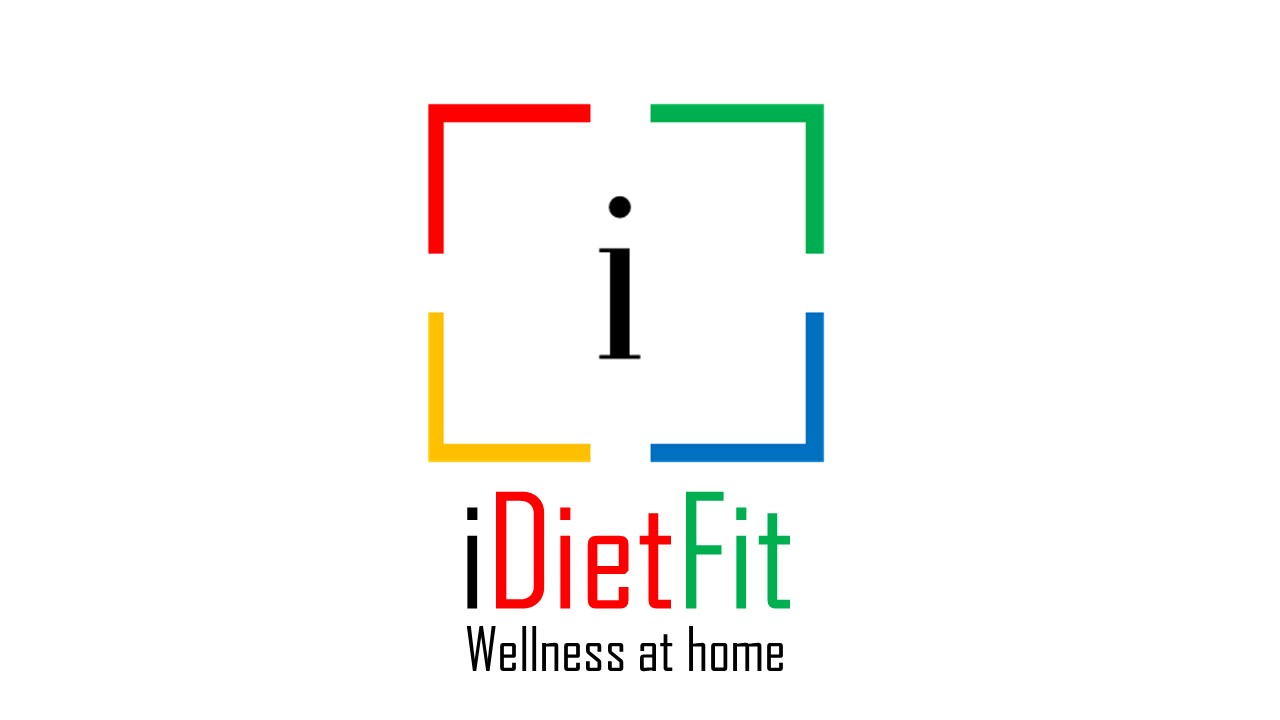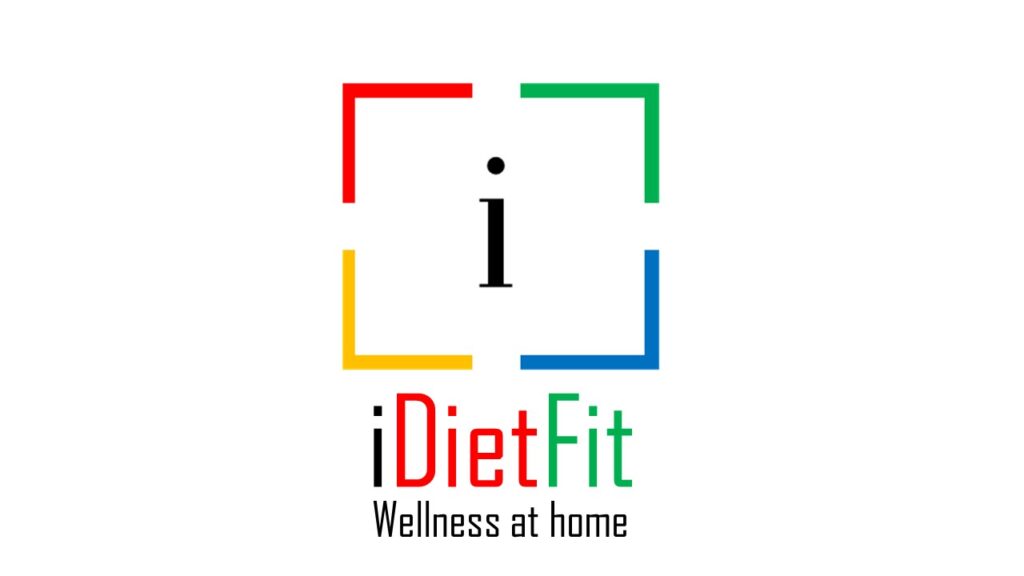In today’s health-conscious world, many people seek expert advice to improve their diets and overall wellness. But when you want professional guidance, should you consult a dietitian or a nutritionist? Understanding the distinctions between these roles can help you make an informed decision about your health.
Understanding the Roles: Dietitian vs Nutritionist
The terms “dietitian” and “nutritionist” are often used interchangeably, but they signify different qualifications, training, and scopes of practice.
Registered Dietitian (RD): A registered dietitian, also known as a dietitian nutritionist, is a regulated health professional. They must complete accredited dietitian programs, obtain a nutrition and dietetics degree, and pass a national registration exam. Their training is extensive, covering medical nutrition therapy, clinical nutrition, food service management, and community health. Registered dietitians must also participate in ongoing education to maintain their credentials.
Nutritionist: The term “nutritionist” is broader and less regulated. Nutritionist qualifications can vary significantly. Some nutritionists hold advanced degrees and certifications, while others may have less formal education. In some regions, anyone can call themselves a nutritionist without specific training. However, there are specialized roles like a functional nutritionist or a personal nutritionist, who often have more focused training in areas like holistic health or personalised nutrition plans.
The Difference Between a Dietitian vs Nutritionist: Training and Qualifications
Dietitian Training and Qualifications:
- Education: Dietitians must earn a bachelor’s degree in nutrition and dietetics, followed by a supervised practice program or dietetic internship. Some also pursue a master’s degree.
- Certification: After completing their education, dietitians must pass the national registration exam to become a registered dietitian.
- Continuing Education: Dietitians are required to engage in continuing professional education to stay updated with the latest research and practices.
Nutritionist Training and Qualifications:
- Education: The educational path for nutritionists is less standardized. Some may have degrees in nutrition, food science, or related fields.
- Certifications: Various certifications are available, such as Certified Nutrition Specialist (CNS) or diplomas from reputable institutions. However, the requirement for certification varies by region.
- Specialization: Many nutritionists focus on specific areas like sports nutrition, public health, or holistic health, which may involve additional training and credentials.
The Difference Between a Dietitian vs Nutritionist: Scope of Practice
Registered Dietitian (RD):
- Medical Nutrition Therapy: RDs are qualified to provide medical nutrition therapy, making them essential in clinical settings. They work with patients to manage conditions such as diabetes, cardiovascular disease, and gastrointestinal disorders.
- Healthcare Teams: RDs often collaborate with doctors, nurses, and other healthcare professionals to develop comprehensive treatment plans.
- Regulated Practice: The practice of dietitians is regulated by professional bodies, ensuring adherence to high standards of care.
Nutritionist:
- General Nutrition Advice: Nutritionists provide advice on healthy eating, weight management, and overall wellness. They can create meal plans and offer guidance on nutrition and lifestyle choices.
- Specialized Areas: Some nutritionists, like functional nutritionists, focus on holistic approaches to health, considering the whole person rather than just specific symptoms.
- Flexibility in Practice: The role of a nutritionist can be more flexible and varied, often tailored to the needs of individual clients or specific populations.
Finding the Right Professional for Your Needs
When deciding whether to see a dietitian or a nutritionist, consider your specific health needs and goals.
For Clinical Conditions:
- Find a Dietitian: If you have a medical condition requiring dietary management, such as diabetes or chronic kidney disease, a registered dietitian is the best choice. Their training and certification ensure they are equipped to handle complex health issues through nutrition therapy.
For General Health and Wellness:
- Personal Nutritionist: If you’re looking for advice on improving your diet, managing weight, or enhancing overall wellness, a nutritionist can provide valuable guidance. A personal nutritionist can tailor recommendations to your lifestyle and preferences, helping you achieve your health goals.
Nutrition Counseling: A Collaborative Approach
Both dietitians and nutritionists offer nutrition counseling, but their approaches may differ.
Dietitian Nutrition Counseling:
- Evidence-Based: Dietitians rely on evidence-based practices and guidelines to provide nutrition counseling. This ensures that their recommendations are grounded in the latest scientific research.
- Structured Plans: Dietitians often develop structured, detailed meal plans and monitor progress closely, adjusting plans as needed based on clinical outcomes.
Nutritionist Counseling:
- Holistic Approach: Nutritionists may take a more holistic approach, considering not only diet but also lifestyle factors, stress management, and physical activity.
- Personalized Guidance: Nutritionists often emphasize personalized guidance, working closely with clients to understand their unique needs and preferences. This can involve creating flexible meal plans, offering cooking tips, and providing ongoing support.
Dietitian for Weight Loss vs. Diet Nutritionist
Weight loss is a common goal for many seeking nutritional advice. Both dietitians and nutritionists can assist with weight management, but their approaches might differ.
Dietitian for Weight Loss:
- Medical Insight: A dietitian can provide weight loss plans tailored to medical conditions, ensuring safety and efficacy. They can help identify any underlying health issues that might affect weight loss efforts.
- Structured Programs: Dietitians often use structured weight loss programs, including specific calorie targets, portion control, and balanced nutrition to promote healthy weight loss.
Diet Nutritionist:
- Flexible Plans: A nutritionist might offer more flexible and lifestyle-oriented weight loss plans. This can include integrating weight loss strategies into everyday life, focusing on sustainable changes rather than strict regimens.
- Holistic Methods: Nutritionists might incorporate holistic methods, such as mindfulness, stress reduction techniques, and natural food choices to support weight loss.
Conclusion: Making the Right Choice for Your Health
Choosing between a dietitian and a nutritionist depends on your health needs, goals, and personal preferences.
- Registered Dietitian: Ideal for clinical nutrition needs, managing chronic diseases, and receiving structured, evidence-based nutrition therapy.
- Nutritionist: Suitable for general health and wellness advice, personalized nutrition plans, and holistic health approaches.
Regardless of your choice, both dietitians and nutritionists play vital roles in promoting health and well-being. Ensuring you find a qualified professional with the appropriate training and credentials is key to achieving your nutritional goals.

